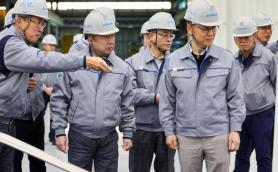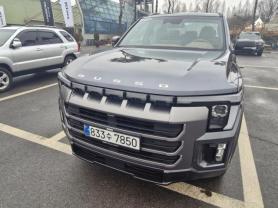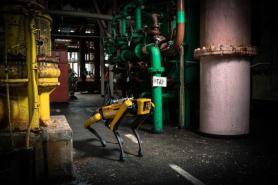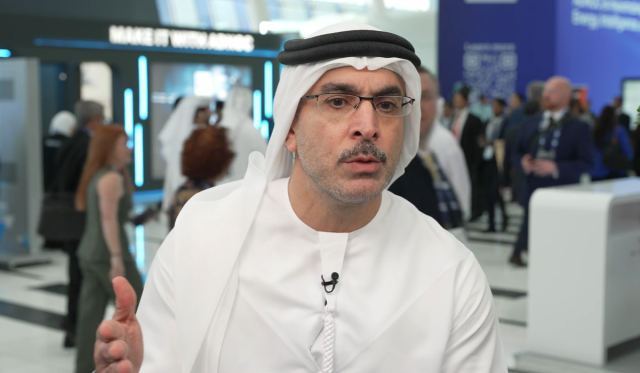
SEOUL, November 04 (AJP) - The governments of the United Arab Emirates and South Korea are engaged in "high-level discussions" on joint hydrogen production and hydrogen logistics for future transportation and supply, according to a senior UAE energy official.
His Excellency Eng Sharif Al Olama, Undersecretary for Energy and Petroleum Affairs at the UAE Ministry of Energy and Infrastructure (MoEI), said hydrogen will play a central role in both countries' long-term decarbonization strategies.
"Hydrogen has enormous potential for the future, especially in the near term. I see blue hydrogen playing a major role initially, and as production scales up, green hydrogen will come into the picture over the next decade or so," he said in an exclusive video interview with AJP during ADIPEC 2025, which opened Monday in Abu Dhabi.
With strong sunlight, the country is also well positioned to scale up production of green hydrogen through solar-based power.
Al-Olama said there is "significant potential for cooperation not only with the Korean government but also with the private sector," emphasizing that Korea remains one of the UAE's most trusted partners in energy development.
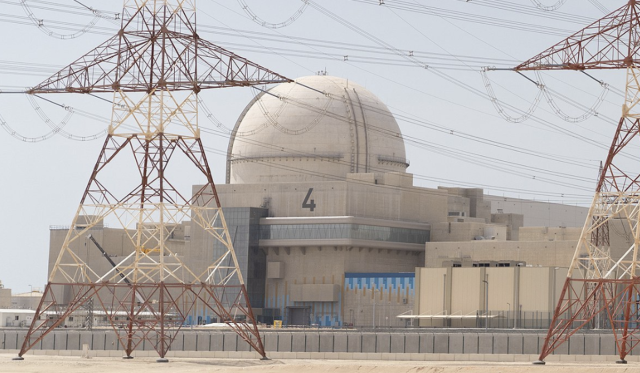
Decarbonization through carbon capture and storage is another area where Abu Dhabi is looking for Korean expertise in what its top officials called the "post-Barakah era," referring to cooperation beyond the landmark Barakah Nuclear Power Plant.
Built with South Korean technology, Barakah is the Middle East's first commercial nuclear facility. Its first reactor began operation in 2020, and all four units were running by 2024, marking South Korea's first nuclear export and a milestone in the UAE's broader agenda to reduce dependence on oil and reach net-zero emissions.
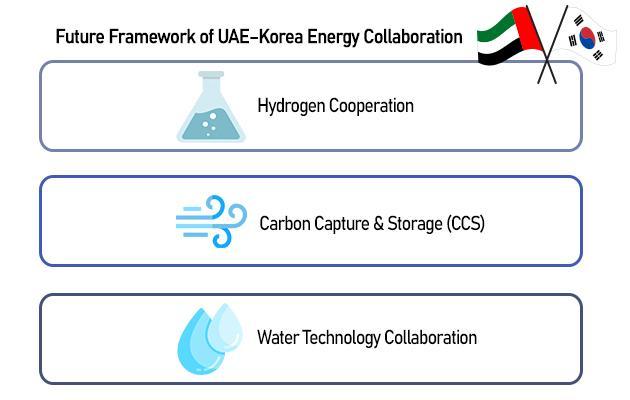
"The UAE already has extensive experience in capturing emissions from steel plants and refineries and then storing or reusing them in our oil and gas fields," he said. "These proven cases provide a valuable foundation for joint technology development with Korea." He noted that Korea's strengths in carbon-neutral technologies, combined with the UAE's industrial base, could accelerate the development of a regional low-carbon energy ecosystem.
Al-Olama did not elaborate on specific ventures currently under review or name potential corporate partners, but noted that Korean companies are likely to be considered with priority, given the strong foundation of trust and proven partnership established through the Barakah project.
"We have already seen the success of this partnership through the Barakah Nuclear Plant, and I believe there will be many more joint achievements in the future," he said.
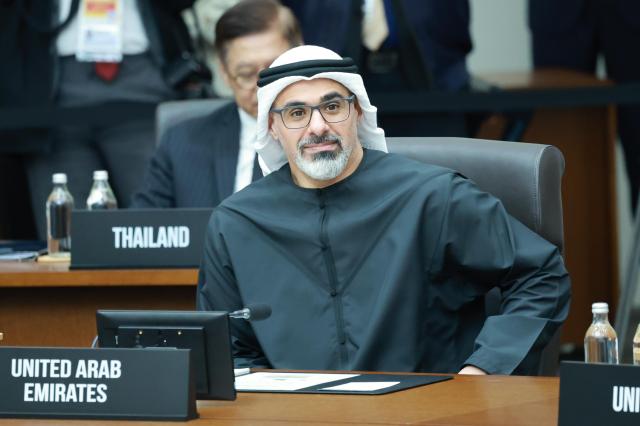
During the APEC Summit in Korea last week, President Lee Jae-Myung met with Sheikh Khaled bin Mohamed, Crown Prince of Abu Dhabi, calling the 2009 Barakah contract a "turning point" in bilateral relations.
Since establishing diplomatic ties in 1980, the UAE and Korea have expanded cooperation across energy, construction, and industrial technology, and Al-Olama said the relationship is now branching into new areas of innovation and sustainability.
Water management is emerging as another field of bilateral partnership. Al-Olama said the Ministry is working closely with K-water to explore the deployment of AI-based systems to reduce non-revenue water—losses caused by leaks across the national pipeline network.
The goal is to apply detection models that can identify weak points earlier and significantly raise the efficiency of water infrastructure. "We are learning from Korea's successful examples of AI applications in infrastructure management and are adopting many of those practices in the UAE," he said. He added that there is active dialogue and concrete progress underway between K-water and UAE's utility providers.
Al-Olama described the evolving UAE–Korea energy partnership as a strategic alliance moving beyond individual engineering projects toward broader technological cooperation.
He said combining the two countries' capabilities in AI, hydrogen, carbon capture, and water technology could offer a new model for global energy transition.
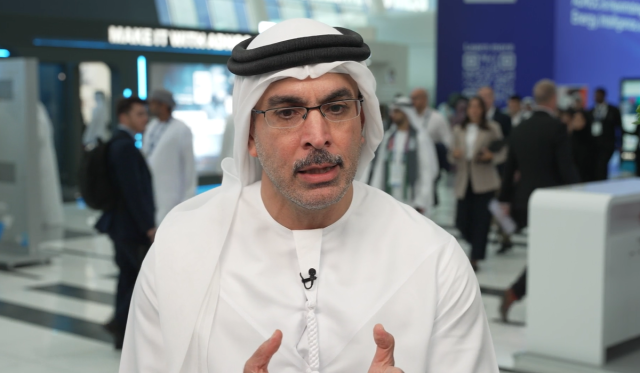
The official also encouraged more Korean firms to pay attention not only to ADIPEC but also to the Global Energy Efficiency Alliance, an initiative launched by the UAE government. "Energy is essential for economic growth and prosperity, but we must manage it intelligently to achieve the right impact," he said.
This year's ADIPEC, one of the world's largest energy conferences, hosted more than 2,250 exhibitors, including major Korean companies such as Samsung E&A. The event served as a global platform for setting the next direction of the energy industry as it moves toward cleaner, smarter systems.
Al-Olama highlighted that the Global Energy Efficiency Alliance gathers governments, private companies, financiers, and NGOs on a single platform.
"Korea has many companies with the expertise and technologies to enhance energy efficiency, and these companies can help industries in the UAE and around the world become more energy-efficient," he said.
Copyright ⓒ Aju Press All rights reserved.


